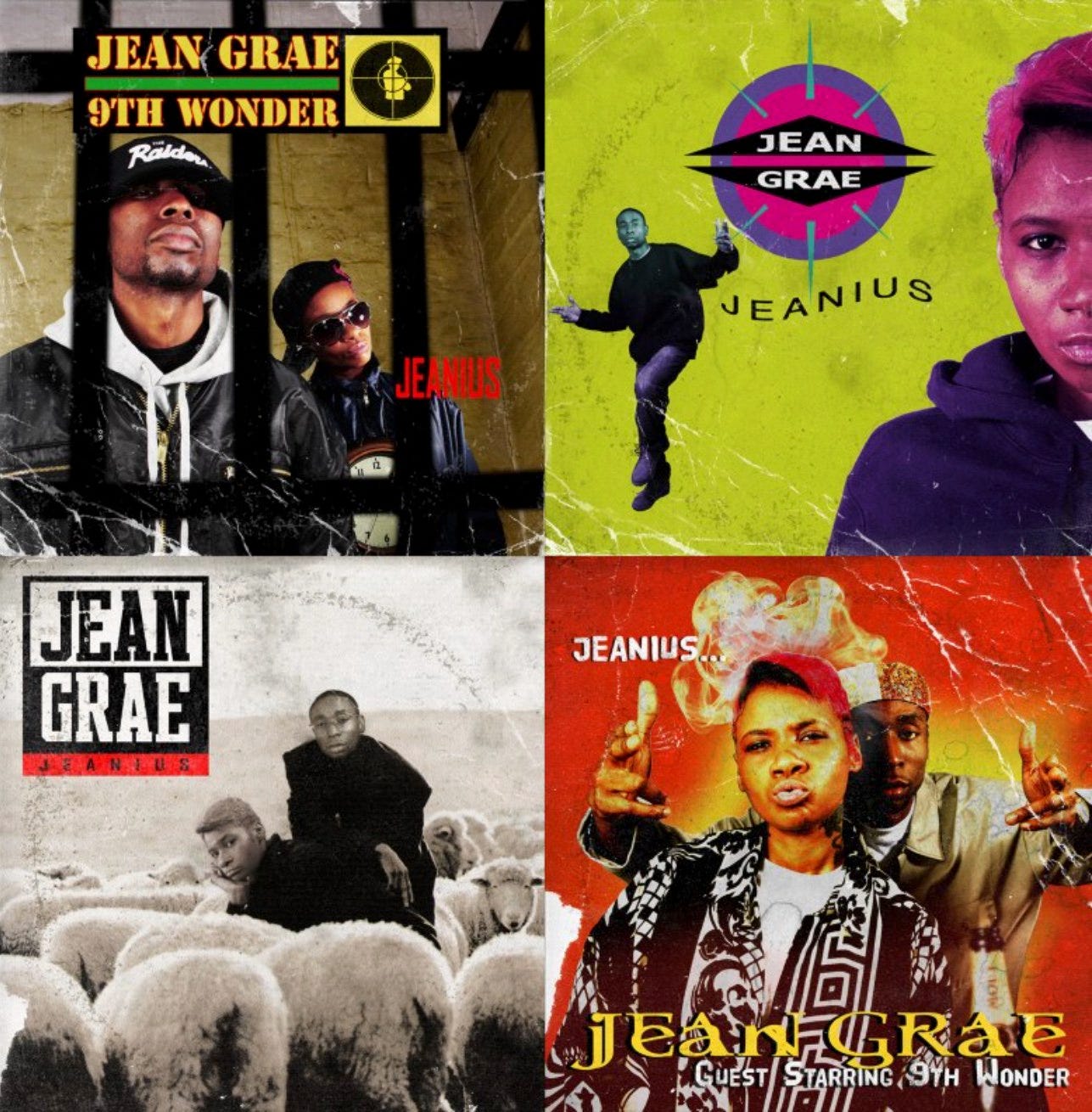Jeanius: An Unsung Heroine to Underground Hip-Hop in 2008
How Jean Grae navigates the rough seas of the music industry with the help of 9th Wonder.
Jean Grae persistently stands as an enigmatic albeit enthralling figure within the underground stratum of hip-hop. Her talent spans the spectrum from stark, gripping imageries to jovial, freewheeling humor; from agile, cerebral wordplay to casual rumination; from riveting, emotional rap battles to magnetic, narratorial accounts. Alas, various obstructions have often derailed her trajectory toward the top.
Undeniably, she possesses the credentials to rival the popularity of her contemporaries, the Roots and Talib Kweli. Yet, she has encountered setbacks attributed to many factors: unauthorized leaks, disappointments, record label politics, and the industry’s struggle to correctly position a female artist whose prowess far exceeds mere sexual appeal. This constellation of setbacks has left her somewhat marginalized, notwithstanding her seasoned expertise and considerable talents.
One can't help but speculate what the outcome would have been had her album Jeanius seen the light of day as planned in 2004 rather than four years later. Jeanius emerges as the ideal musical exemplar when introducing an unacquainted friend to the astonishing prowess of this lesser-known rap artist. It could be a landmark in Grae's career, summarizing her artistic persona in an easily recommendable package.
The album gained an almost mythical status when it was prematurely leaked and subsequently shelved, only to be likened to other legendary unreleased records like the Ghostface/MF DOOM Swift & Changeable collaboration or Q-Tip's original 2006 draft of Live at the Renaissance. When Jeanius finally graced the music scene on Kweli's Blacksmith label, virtually unchanged, it had already etched its imprint on the audience—earning respect accorded to a classic over a presidential term.
Grae’s razor-sharp battle rap skills shine brightly on Jeanius. The album shows her splendid ability to engage in lyrical warfare. Yet, her seamless shift from absolute self-assuredness to episodes of uncertainty and personal tribulation showcases her as a well-rounded, relatable, and genuine MC.
This is evident from introspective tracks like “Don't Rush Me,” where she wrestles with her stubborn disposition, or “My Story,” which features a chilling revelation of her post-abortion experiences. Her commitment to triumph over adversity resonates with “Desperada.” Grae's vocal style, sometimes icy or monotonous, is reminiscent of the composed delivery of hip-hop veterans like Guru and Erick Sermon.’
To capture this kaleidoscope of emotions, the music must be well-grounded, reliable, and compelling— and 9th Wonder fits the bill impeccably, providing the lion's share of Jeanius’ production. Though never seeking the limelight, his beats effectively carry the tracks and make this album noteworthy due to his ability to balance foot-tapping rhythms and somber, atmospheric backdrops.
Specific ways, like the piano-choir loop in “Don't Rush Me” and “Billy Killer” with its restrained drums, create an intriguing juxtaposition of victorious fanfare and melancholy tones. Rumor has it that Jean Grae and 9th are collaborating on various tracks for an upcoming album, Phoenix. If it holds up to the standard set by Jeanius, we may look at the long last shift in our discourse from “what could have been” to “what more lies ahead.” Spoiler alert: it never happened.


